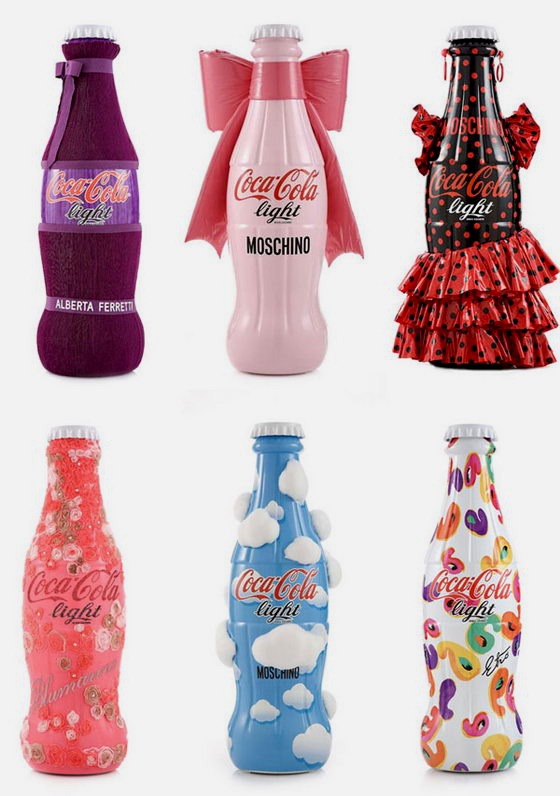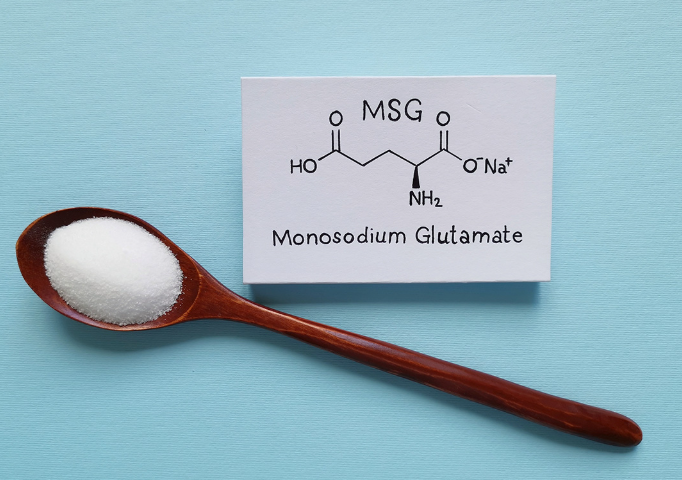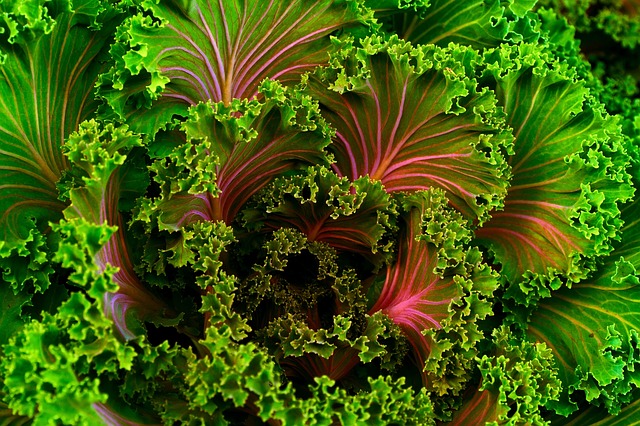
About sugary drinks
Drinks containing added sugar include sugar-sweetened soft drinks and cordials, fruit drinks, vitamin-style waters, flavoured mineral waters, energy and sports drinks.
Reasons to limit sugary drinks
Children do not need to consume any fruit juices or other sweet drinks to have a healthy diet.
Intake of sweet drinks reduces the quality of your child’s diet, has links to weight gain and poor oral health, and also exposes them to the ‘habit’ of drinking sweet drinks.
The Australian Dietary Guidelines do not recommend the consumption of sugar sweetened drinks such as soft drinks, cordials, fruit drinks, vitamin-style waters, flavoured mineral waters, energy and sports drinks.
Fruit and vegetable juices contain sugars that are found naturally in fresh fruits and vegetables, but become very concentrated when made into juice.
Children do not need any fruit or vegetable juice to have a balanced and healthy diet. Encouraging children to eat the whole fruit or vegetable, and drink plain tap water or milk rather than juice is the best way to establish good eating habits early.
Milk for children
Breastmilk is the best drink for infants. For children less than 12 months old, breastmilk or infant formula should be the main drink. After 12 months of age, when your toddler has reduced breastfeeding or formula, full-fat cow’s milk and water are recommended as the best drinks.
From 2 years of age, reduced-fat milk can be offered. Water is preferred for toddlers and older children, so encourage this regularly and throughout the day. And try getting the whole family to drink water or milk.
Milk is an important food and part of the milk, yoghurt, cheese and their alternatives food group which is required for children’s growth and development. However, drinking too much milk can fill children up and lead to poor appetite.
Older children will need around 3 serves from this group, while younger children need around 3 ‘half’ serves. A serve is ¾ cup (200g) yoghurt or 1 cup (250ml) of milk or 2 slices (40g) of cheese.
Encourage plain milk in preference to flavoured milks as flavoured milk is higher in added sugar.
More information on the recommended number of serves from the 5 food groups is available at Eat for health or from your healthcare professional.
Limit artificially sweetened soft drinks
Some soft drinks contain artificial sweeteners instead of added sugar.
Artificially sweetened drinks add very little energy (kilojoules) to the diet and therefore, do not contribute directly to weight gain. However, artificially sweetened drinks still maintain the ‘habit’ of drinking sweet drinks and do not add nutritional value to a healthy diet.
The acidity of drinks, whether sweetened with sugar or artificial sweeteners, and the frequent consumption of them, may contribute to tooth erosion and decay. For good oral health encourage children to drink plain tap water throughout the day.
Fresh fruit and vegetables are best
Children only need half an orange or 1/3 punnet of strawberries to get their daily vitamin C, but it takes 3 to 4 oranges to make one small glass of juice. Children do not need fruit or vegetable juice, whether bought or home made to have a balanced and healthy diet.
Encourage children to eat fresh fruit and vegetables instead of drinking juice. This will:
supply fibre to their diet and help prevent constipation
help with skills such as chewing
teach about different textures, colours and tastes
provide a convenient, healthy and nourishing option for snacks
establish healthier eating and drinking habits.
If you do include juice in your child’s diet, limit it to ½ cup of no-added-sugar juice occasionally.
Encourage children to eat the whole fruit or vegetable, and drink plain tap water or milk rather than juice.
Problems with sweet drinks
Sweet drinks can cause a range of problems including:
excess weight gain
tooth erosion and decay
small appetite
picky eating
change in bowel habits.
Excess weight gain
Sweet drinks are high in energy (kilojoules) and contain very little nutrition for your child’s diet. Regular intake of sweet drinks may lead to excess weight gain.
Tooth decay
Children who have sweet drinks such as cordial, soft drink and juice regularly are at risk of tooth decay.
For babies and toddlers, problems start when a bottle is used for comfort when going to sleep, to suck during the night or to snack on during the day. If the bottle contains a drink other than water, even milk, the sugar in the fluid sits on the teeth and gums for some time. This is when decay can start, even before any teeth have appeared.
Avoid using a feeding bottle for comfort, and encourage your child to drink from a cup from about 6 months of age. Stop bottles around one year of age. It is also important to develop a regular tooth brushing routine as soon as your child’s first tooth appears.
Small appetite or picky eaters
Sweet drinks are full of energy (kilojoules) and can fill children up, making them less hungry for food. For picky eaters, stopping or limiting sweet drinks is a helpful way to encourage appetite for other foods.
Problems such as iron deficiency anaemia, and poor growth may occur in infants and toddlers who replace foods such as breastmilk, formula or solids with sweet drinks.
Change in bowel habits
Young children may have problems digesting some of the sugars in sweet drinks, which can lead to loose bowel actions or diarrhoea. This may cause slow growth if energy and nutrients are regularly lost from the body.
When sweet drinks are removed from the child’s diet, loose bowel actions may improve.
Suggestions for parents about sugar drinks
Changing your child’s diet can be a challenge, but remember that young children can only eat or drink what is given to them. Suggestions include:
Avoid using a bottle to settle your child to sleep.
Be a role model by not keeping sweet drinks in the house or consuming sweet drinks yourself.
If your child is already used to sweet drinks, start to reduce their intake – for example, you could offer watered-down versions for a short time and then move on to water.
Be patient. This may take time, particularly if your child is in the habit of wanting juice or cordial whenever they are thirsty or hungry.
Encourage your child to eat fresh fruit and vegetables instead of drinking juice.
Limit consumption of fruit juice to ½ cup (with no added sugar) only occasionally.
Visit your local doctor or health centre if you have any concerns about your child’s health or growth.




